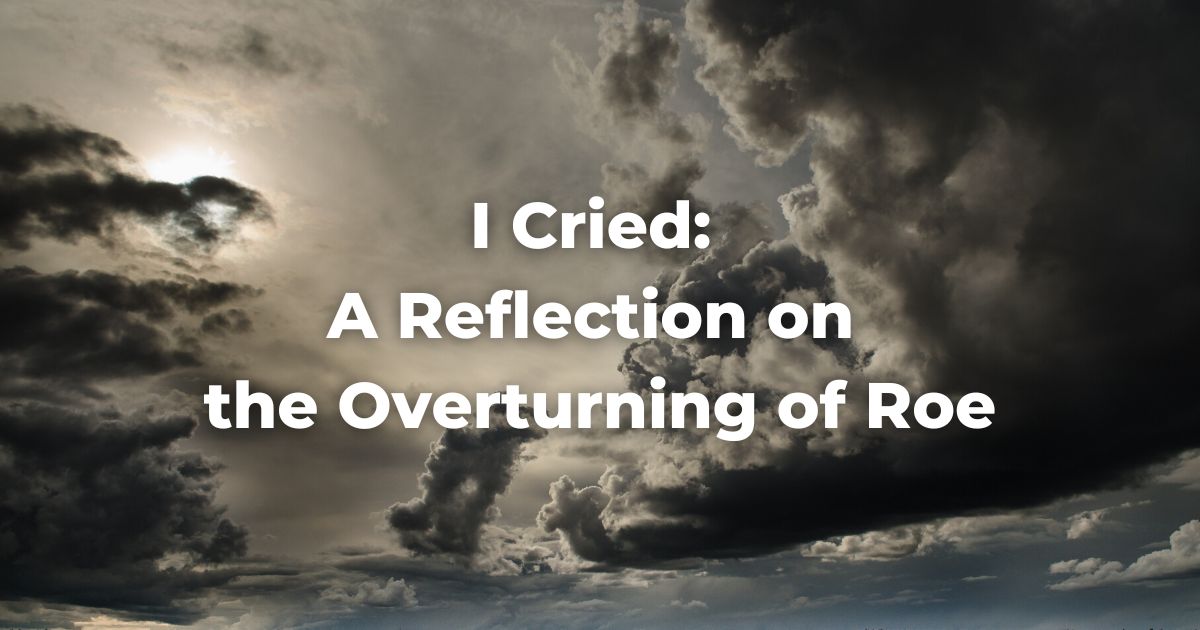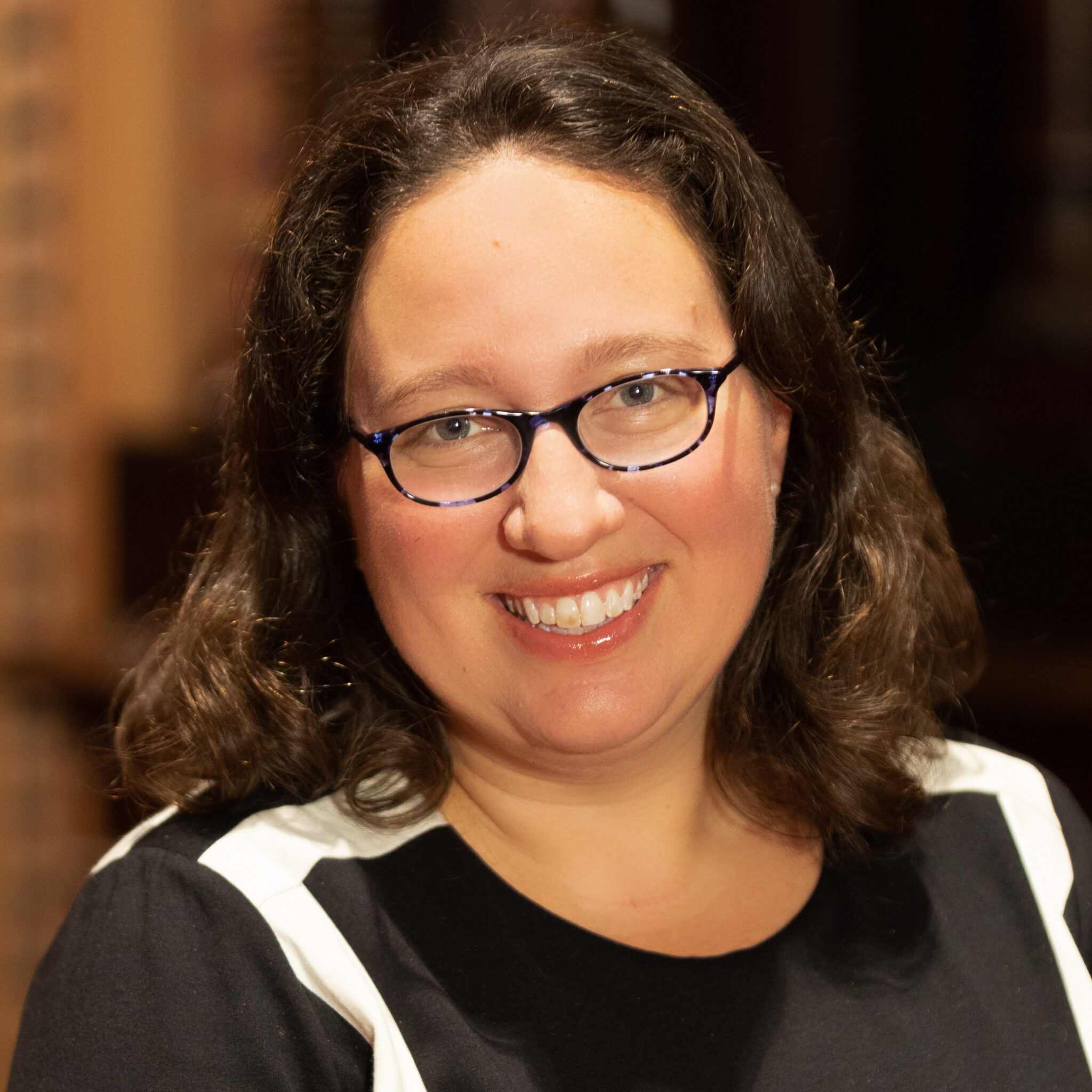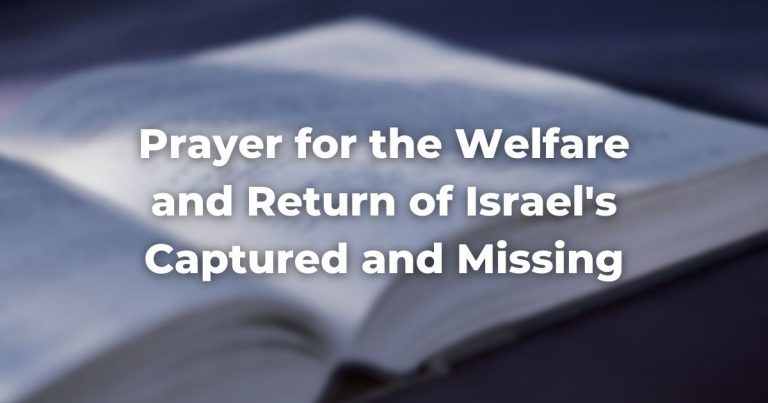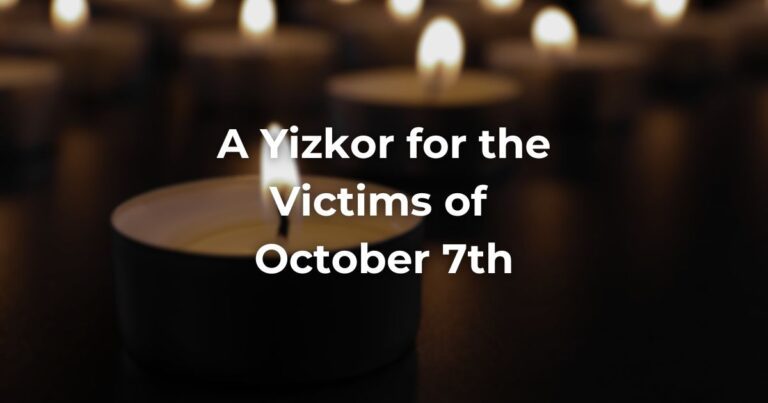I could give you a great class on why abortion is allowed by Judaism, and sometimes even required, and it is. I could tell you that while it’s almost impossible to build consensus among Jews about anything, there is a lot of consensus around this. I could tell you that a prohibition on abortion is an infringement of my rights as Jew, and it is.
But others have done this and have done it well. If you haven’t heard it, I encourage you to learn, and we will share some resources with you at the end of this call.
Instead, I’m going to speak to you very personally for a moment. I have a lot of feelings, as I’m sure we all do.
I cried when the SCOTUS decision came down. I expected it, I knew it was coming, and yet…I cried.
I cried in anger and also in sadness that my daughter went to her last day of school with one set of rights and came home with fewer.
I cried for the people sitting in the waiting rooms of clinics the very moment this was decided, and who had to be turned away.
I cried for the violation of my rights, and yours, and the rights of every human being, for every person who hears the message that to prove themselves worthy of lifesaving healthcare, that they must be sick enough, at death’s door, before their life might be saved.
I cried because I’m scared, and I know so many others are too.
I cried because I know that if I need an abortion, I can get one, but so many others cannot.
And I cried because I am so, so angry.
I cried because despair and hopelessness seem so very close.
My tears are sadness and rage mixed together and I’m holding onto them. It is what I need right now, although you might need something else. I keep thinking about God in the TorahRefers to the first five books of the Hebrew Bible, the Tanakh, also called the Five Books of Moses, Pentateuch or the Hebrew equivalent, Humash. This is also called the Written Torah. The term may also refer to teachings that expound on Jewish tradition. Read more portion Korach, where God quickly opens the earth and swallows Korach and his followers. God is so angry at their betrayal that the only remedy is a huge, dramatic, destructive, action.
And although I know that destruction is not the answer, I empathize with those who are ready to burn it all down.
Valerie Kaur teaches “the aim of divine rage is not vengeance, but to reorder the world.” If we are tasked with being like God, if we are created b’tzelem Elohim, if we walk in God’s ways, then what do I do with my rage? I try to find ways to reorder the world, to bridge the gap between the world as it is and the world as it should be, to cry and to rage, but also to act.
There’s a story in the TalmudReferring to one of two collections, the Jerusalem and Babylonian Talmuds, edited in the 6th century, that contains hundreds of years of commentary, discussion, and exploration of the ideas in the Mishnah. One could describe it as Mishnah + Gemara = Talmud Read more that I’ve always loved. Rabbi Chanina is walking home along a road, and it starts to rain. He is, of course, soaking wet and he gets annoyed and cries out to God. “God,” he says, “why must the world be comfortable, and I should be uncomfortable?”
In other words, the world needs rain and I support that, but why did you have to send it at a time when I would get wet? The rain stops. Rabbi Chanina continues his walk home, but he starts to feel badly about what he has done, and he cries out to God again. “God,” he says, “why should I be comfortable when the world is uncomfortable?” Immediately, the rain starts again.
Rabbi Chanina is teaching us a few very important lessons:
First, it’s not about you. Or it is, but not only about you. Your comfort is important. God cares enough about one person’s comfort to stop the rains of the whole world. But it’s not enough. Because if you are comfortable and the world suffers, that also tips the balance in the wrong direction.
We have an obligation to ask for the rain, even if it makes us personally a bit wet. We have an obligation not just to rage and cry, but to put ourselves on the line for those for whom this ban will not just mean some discomfort but could mean a loss of their freedom or their lives.
We reorder the world not by trying to get the rain over our heads to stop, but by finding ways to ensure that the whole world gets what it needs. And that starts with justice – reproductive justice – and freedom – reproductive freedom and a community of people who will stand for these ideals, even at the cost of our own comfort.
So cry. And mourn. And be angry. And let us hold each other, because that’s what community is for. But then let’s get to work reordering the world.
Adapted with permission.
Author
-

Rabbi Rebecca Rosenthal is the Director of Youth and Family Education at Central Synagogue in New York City. She oversees all programs for children and families, including early childhood, religious school, and teen programming. Before coming to Central, Rabbi Rosenthal worked at IKAR in Los Angeles, CA and Congregation B'nai Zion in El Paso, TX. She received a BA from Yale University and a rabbinic ordination and a Master's in Jewish Education from The Jewish Theological Seminary, where she was a Wexner Fellow. Rabbi Rosenthal lives in New York City with her husband and three children.
View all posts






